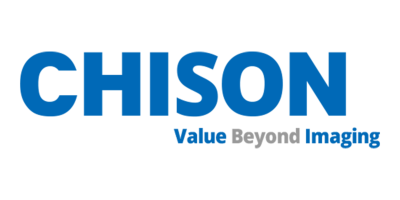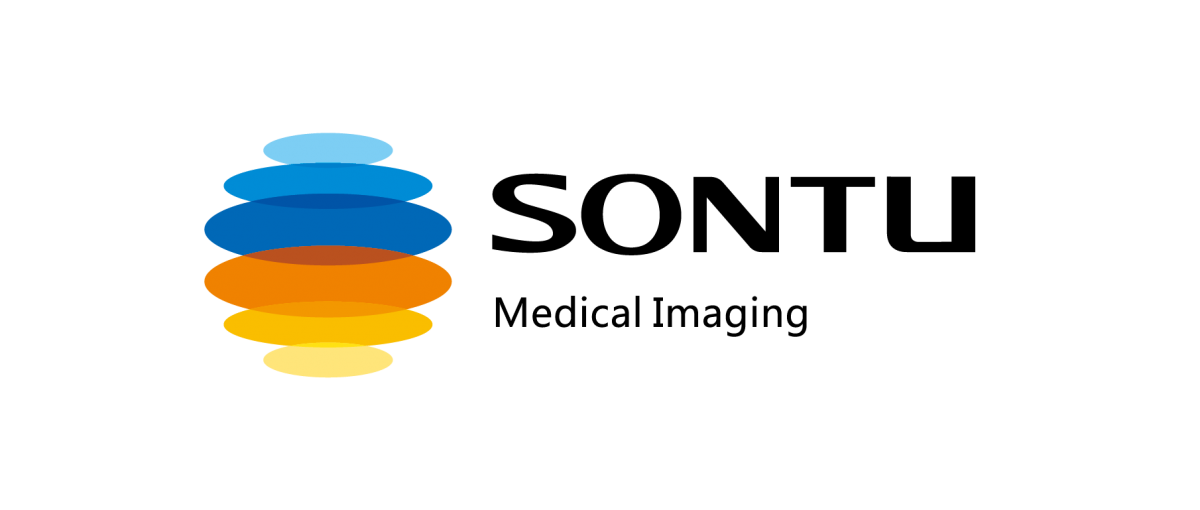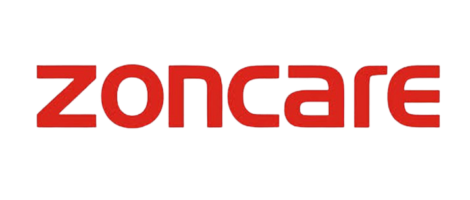Navigating the regulatory landscape is crucial for med-tech companies aiming to maintain compliance and ensure successful market entry. Here are the significant regulatory updates for 2024 that you need to know:
1. Holistic Evidence and Real-World Data (RWD)
Regulatory bodies are increasingly emphasizing the need for holistic evidence demonstrating the efficacy, safety, and cost-effectiveness of medical devices. The FDA’s new draft guidance on the use of real-world evidence (RWE) aims to improve post-market safety monitoring by incorporating more real-world data collection and analysis techniques. This includes examples of fit-for-purpose data determinants and methodologies for generating robust evidence (Medrio).
2. Artificial Intelligence (AI) and Machine Learning (ML)
With the rapid advancement of AI and ML technologies in med-tech, regulators are adapting to ensure appropriate oversight. The FDA has issued guidance for AI/ML-enabled devices, focusing on predefined change control plans in marketing submissions. Similarly, the European Medicines Agency (EMA) has released a reflection paper addressing governance, data protection, and ethical considerations for AI in the medicinal product lifecycle (Medrio) (Med-Tech World).
3. Cybersecurity
Cybersecurity remains a critical concern in the med-tech sector. The FDA’s recent guidance document outlines quality system considerations and content requirements for premarket submissions to enhance medical device resilience against cybersecurity threats. The EU MDR and IMDRF have also provided specific guidelines to ensure robust cybersecurity measures in medical devices (Medrio) (GovUK MedRegs).
4. Participant Diversity in Clinical Trials
Ensuring diverse participant representation in clinical trials is becoming mandatory. The FDA has issued draft guidance to increase the enrollment of underrepresented populations. This initiative aims to make study populations more representative of the disease distribution and improve the generalizability of trial results. The Food and Drug Omnibus Reform Act of 2022 requires all marketing applications to include a diversity action plan (Medrio).
5. EU AI Act
The upcoming EU AI Act, set to be adopted in 2024, will impact medical devices incorporating AI systems or software as a medical device (SaMD). High-risk AI products will need to undergo a conformity assessment by a designated Notified Body as part of the overall MDR assessment. This legislation will ensure transparency and explainability of AI device outputs (Med-Tech World).
6. Product Liability Directive (PLD)
The updated EU Product Liability Directive (PLD) will address newer technologies, including AI-powered medical devices. It expands the definition of “defect” to include cybersecurity risks and software update failures, and it lowers the burden of proof for certain claims, which could significantly impact the medical device sector (Med-Tech World).
7. Post-Market Surveillance (PMS)
The UK is updating its regulatory framework for post-market surveillance. The upcoming regulations will strengthen vigilance and product surveillance requirements once devices are on the market. These changes aim to enhance patient safety and ensure continuous monitoring of device performance (GovUK MedRegs) (GovUK MedRegs).
For more detailed insights into these regulatory updates, you can explore resources from MedTech World, MedRegs, and FDA.










































